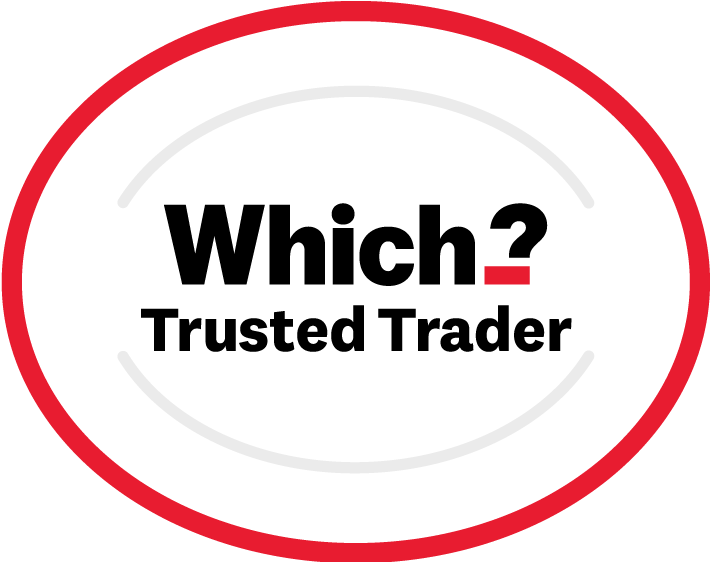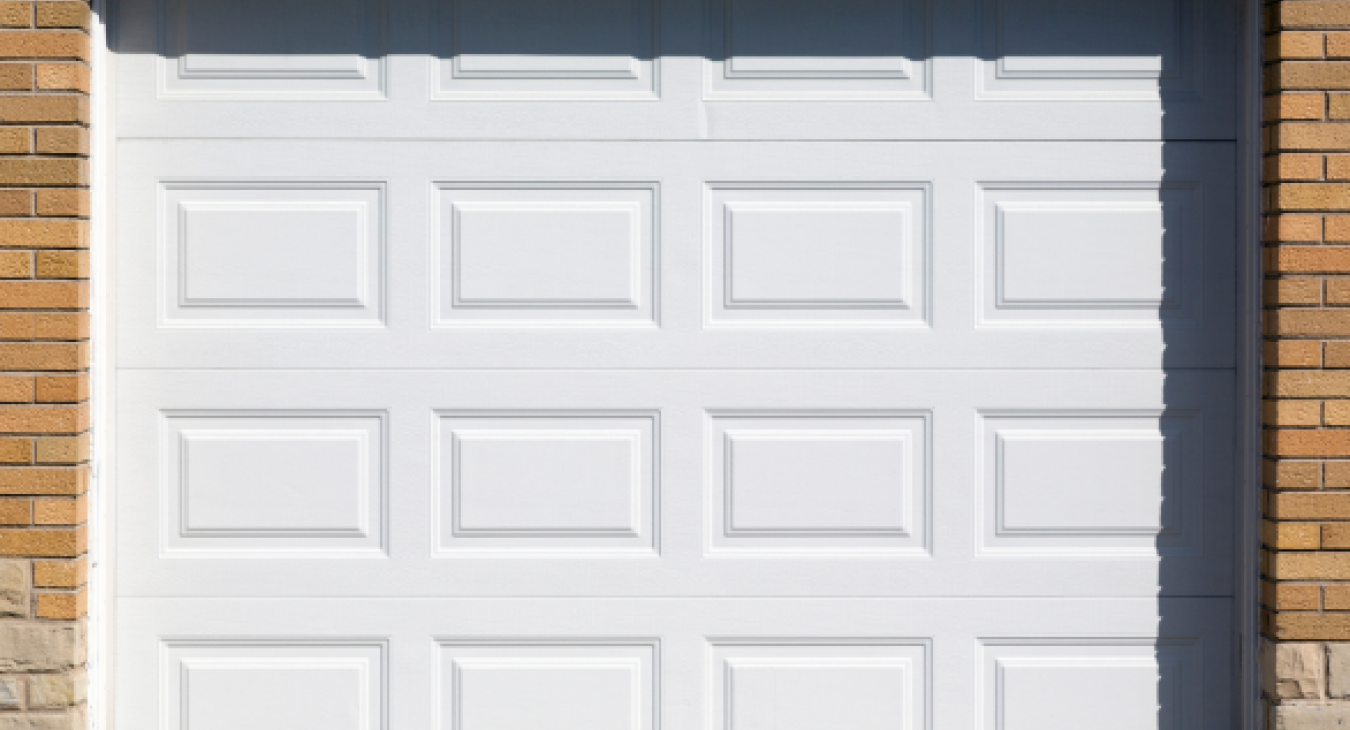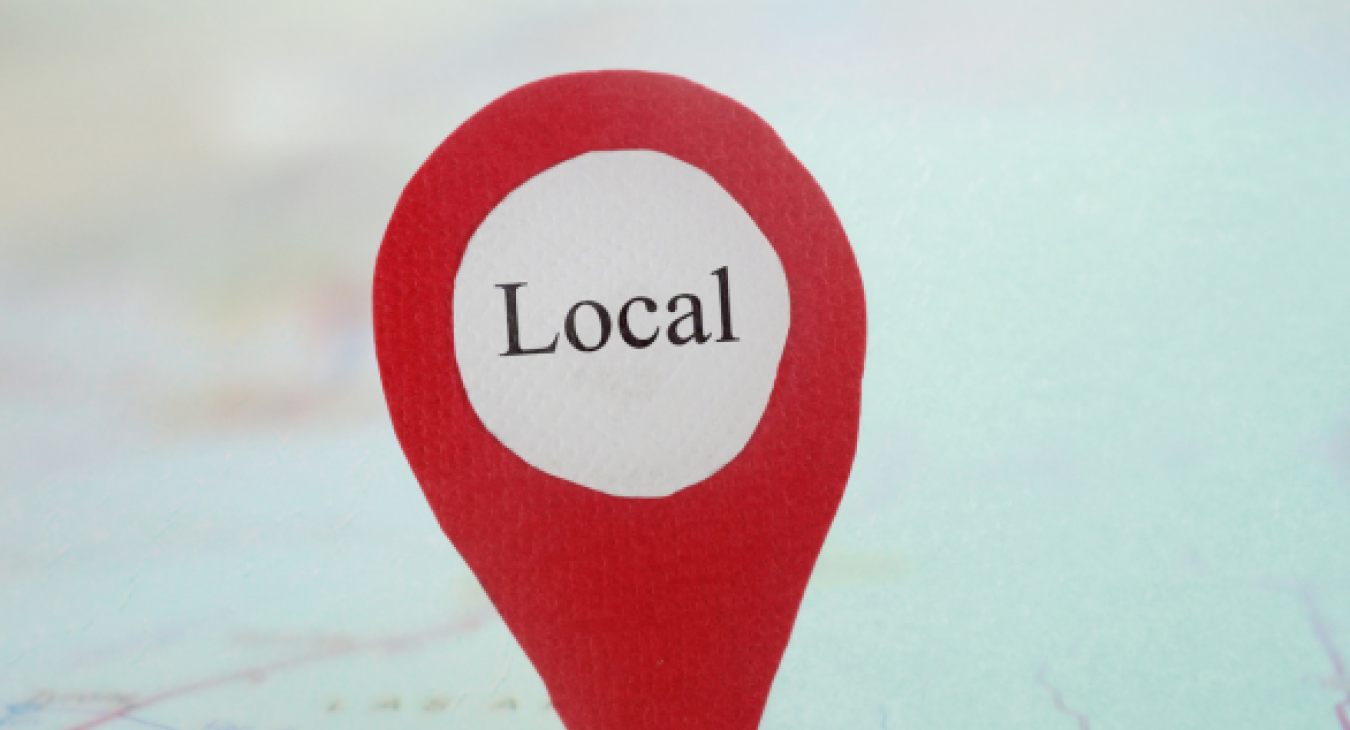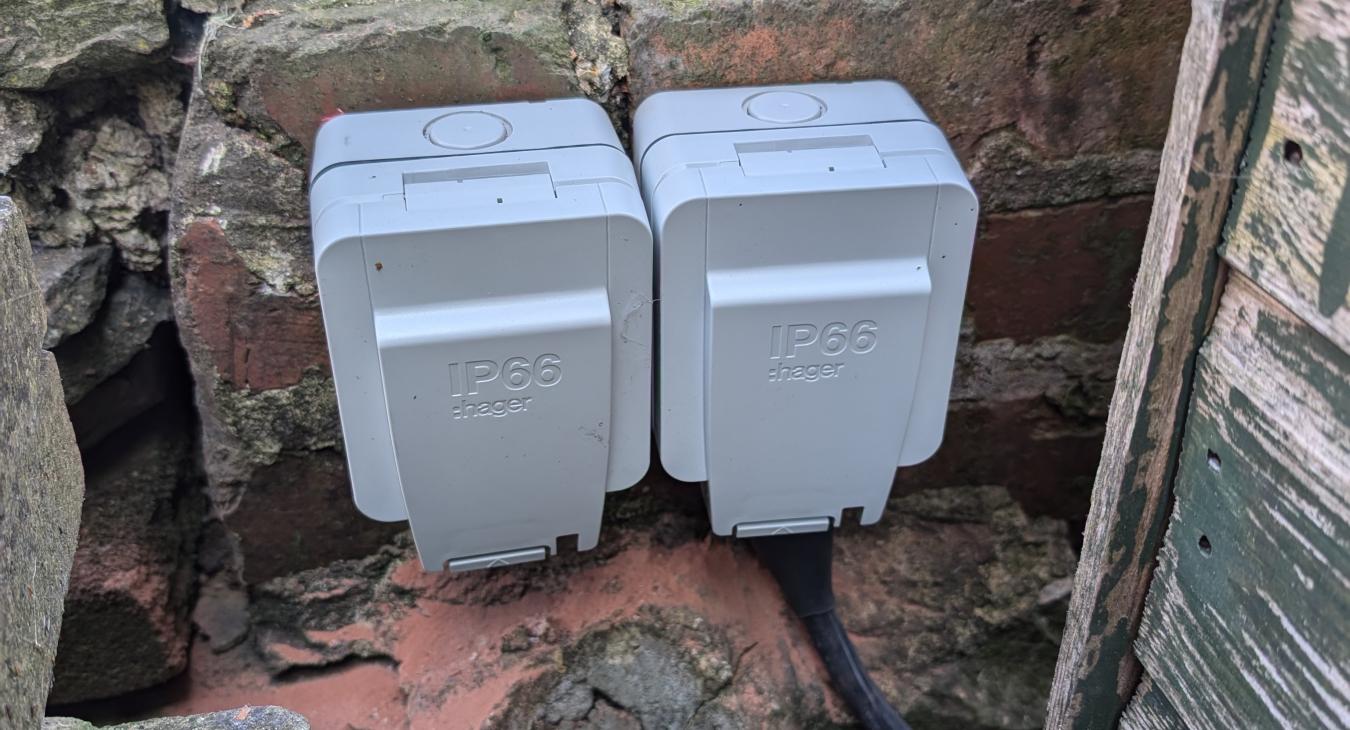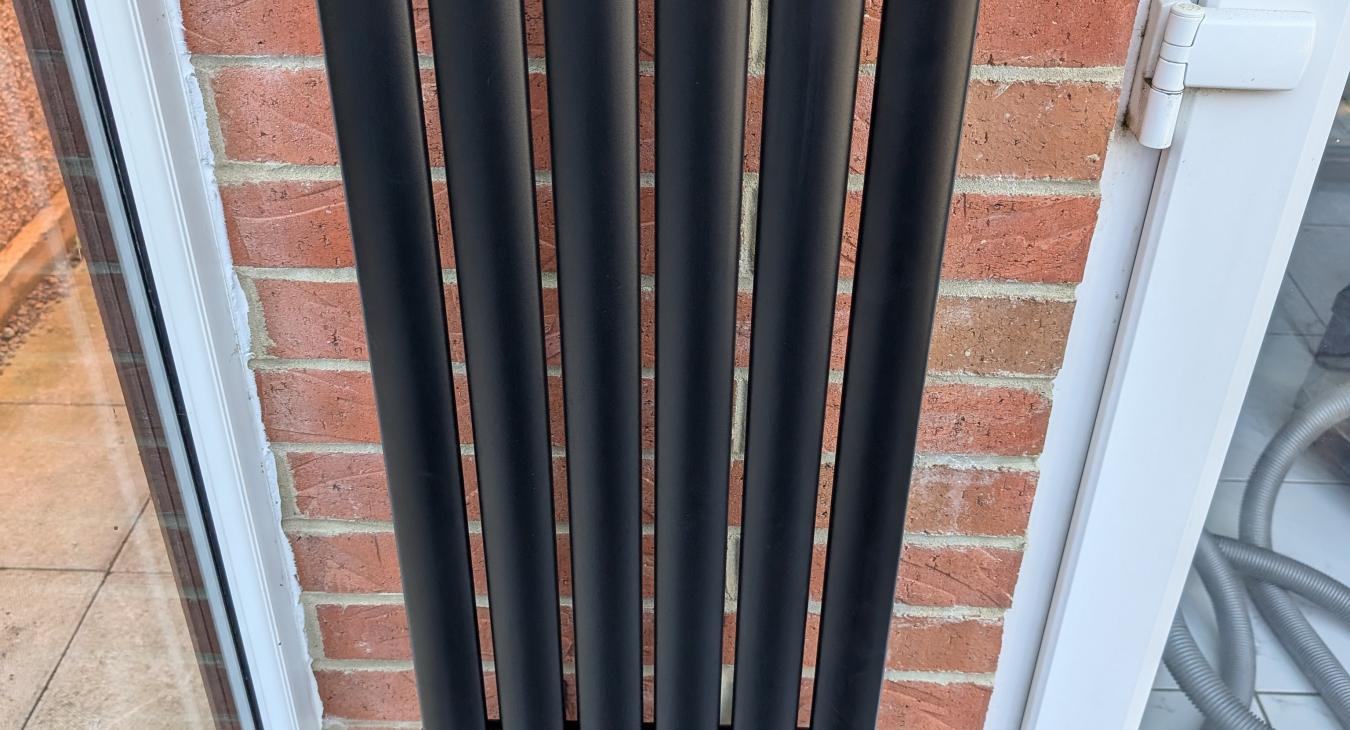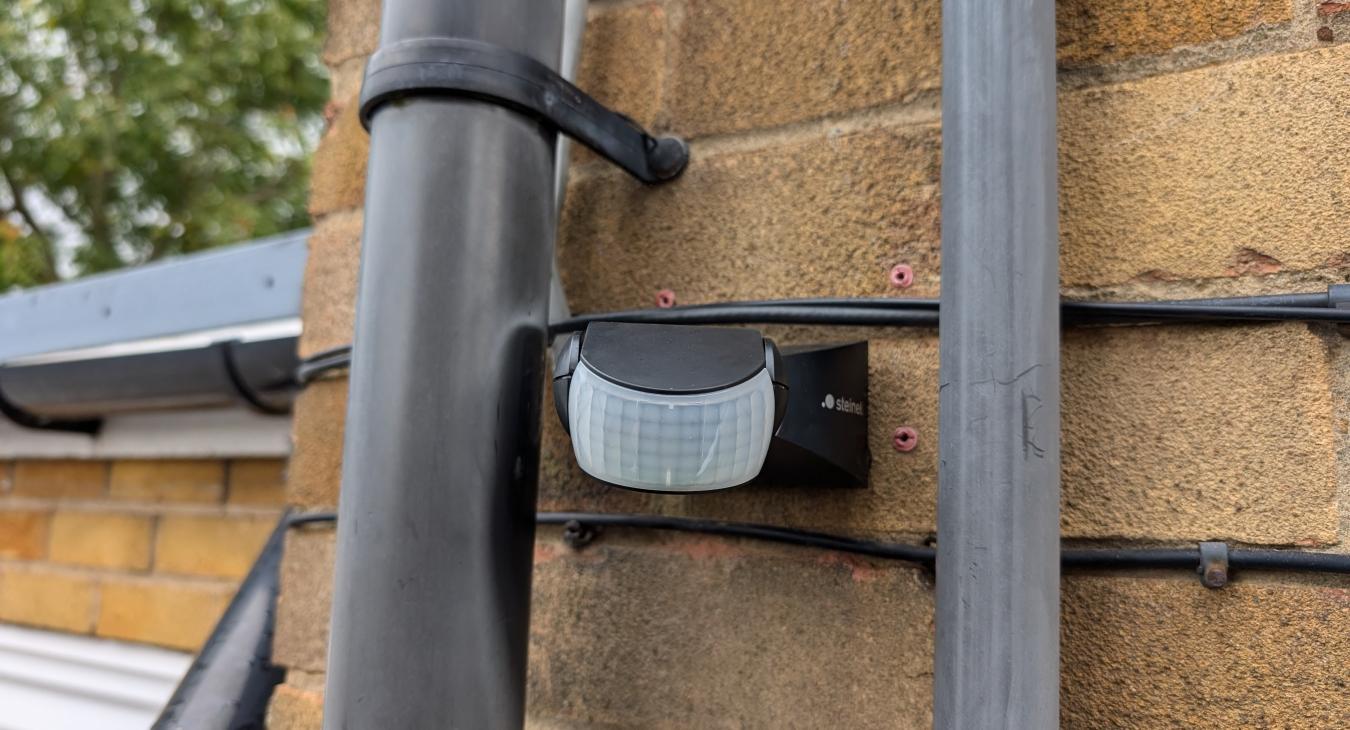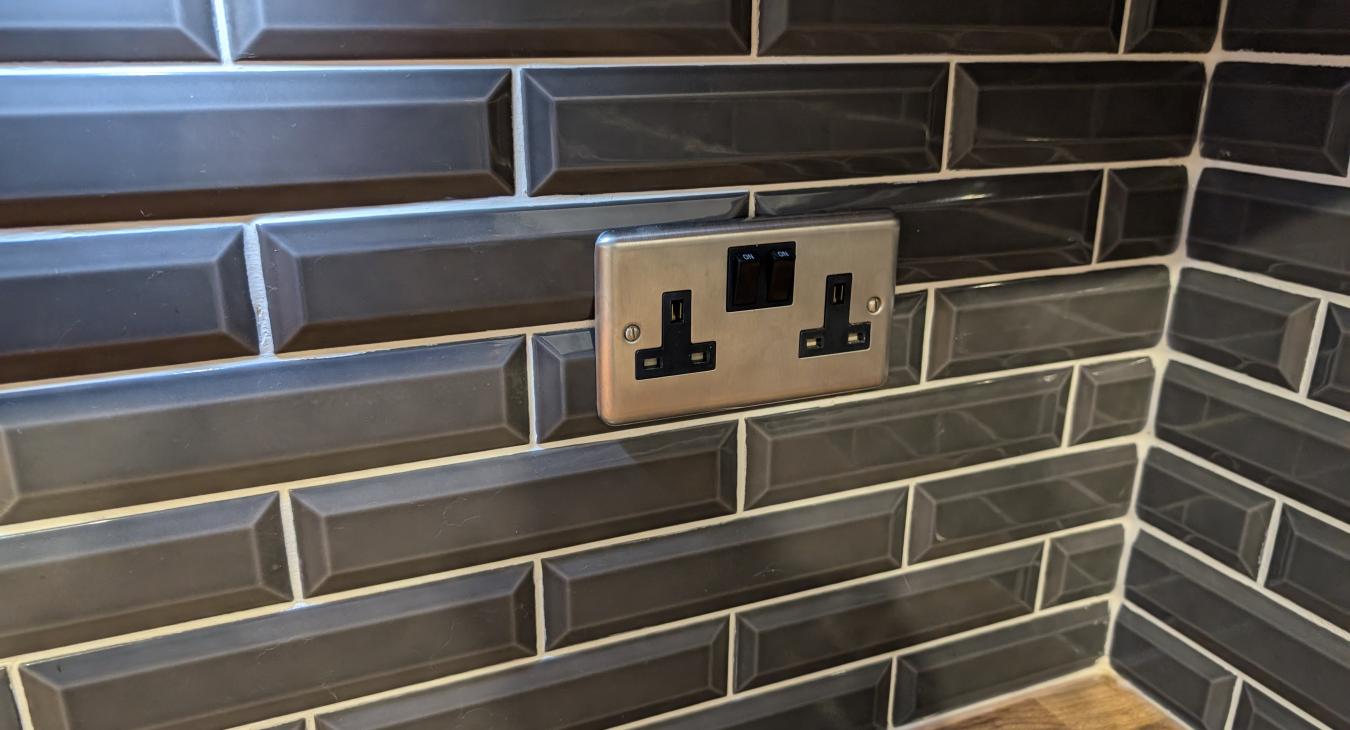An Electrical Installation Condition Report or an EICR is a safety check conducted by an electrician to report on the state of the electrical installation in your home – think of it like a MOT for a building.
Table of Contents
- To ensure there's no damage to any electrical installations
- To determine if electrical devices are installed in the right locations
- To check your earthing
- To check if RCDs are installed and to check their performance if they are
- To determine just how much a risk any possible issues are
- Understanding the codes
For privately owned domestic properties, it's not a statutory requirement to have an EICR, it's just a good idea. It's advisable that the electrical installation of your property is tested and inspected at regular intervals and no longer than once every ten years.
Prior to 2012 the EICR was known as a Periodic Inspection Report or a PIR.
So, why should you consider having an EICR? Read on to find out...
Back to top1) To ensure there's no damage to any electrical installations
As part of the EICR your electrician will conduct a visual inspection to look out for damaged or broken plug sockets, switches, light fittings and fuseboards and also signs of overheating and burning.
Back to top2) To determine if electrical devices are installed in the right locations
For example wall mounted light switches shouldn't be installed inside bathrooms.
Back to top3) To check your earthing
As part of the EICR your electrician will check that your earthing system is suitable for your electrical installation. It is vital that you have adequate earthing for both the protection of you and others in your property and the property itself.
Back to top4) To check if RCDs are installed and to check their performance if they are
Your electrician will first of all check if Residual Current Devices (RCDs) are installed and if they are, they will check if that offer adequate protection from electric shock.
Back to top5) To determine just how much a risk any possible issues are
To determine just how much a risk any possible issues are, your electrician will number them from C1 to C3 on the EICR.
Back to top6) Understanding the codes
Code C1 - Danger present: With this issue there's a risk of injury and immediate remedial action is required to remove the dangerous condition.
Code C2 - Potentially dangerous condition: Urgent remedial action required, this should declare the nature of the problem, not the remedial actions required.
Code C3 - Improvement recommended: This code more often than not implies that while the installation may not comply with current regulations, it complies with previous regulations and is deemed safe but its safety could be improved.
Back to top
